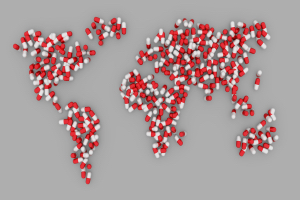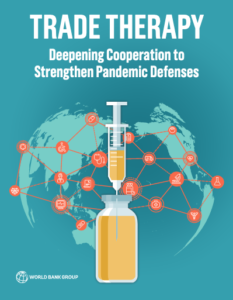
India

Healthcare providers from India such as doctors, nurses, and technicians go to Australia, Canada, the Middle East, the United Kingdom, and the United States, mainly on short-term assignments to provide health care services. These assignments supply countries that have shortages of healthcare professionals while allowing Indian healthcare providers to upgrade their skills abroad.
Conversely, foreign patients from high-income countries (such as the United Kingdom and the United States) as well as lower-income countries (such as Bangladesh, Nepal, and Sri Lanka) also come to India in search of less costly, high-quality treatments, namely surgery and specialized health services. Neighbouring countries including those in Central Asia also benefit from India’s exports of telehealth services.
Thailand

Thailand has developed a large medical tourism sector geared toward foreign patients. To mitigate the internal brain drain, doctors and nurses receive public funding for their education. In return, they are required to serve three years in the public system (including in rural areas) before working in private hospitals.
Policies to keep these doctors in the public health sector while also maintaining the quality of the sector have also been implemented. These included increasing the salaries of physicians, nurses, and dentists in all community hospitals.
Tunisia

Tunisia has used its geographic proximity to both Africa and Europe to attract foreign patients. Incentives to upgrade the health care system include tax exemption for medical equipment and devices; exemption of value-added tax for treatments of foreign patients; a 50 per cent tax cut on investments in medical institutions and infrastructure; partnerships with foreign companies; development of medical cities; and investment zones to attract foreign medical companies.
European Union

The EU’s eHealth Action Plan 2012–2020 provides several guidelines on supporting patients’ rights in cross-border health care services by focusing on supporting research, development, and innovation; promoting international cooperation; and achieving wider interoperability of telehealth services.
Source: Gillson and Muramatsu 2020.

Excerpted from TRADE THERAPY – Deepening Cooperation to Strengthen Pandemic Defenses, published by The World Bank and the World Trade Organization on June 3, 2022
– to continue
– global bihari bureau





